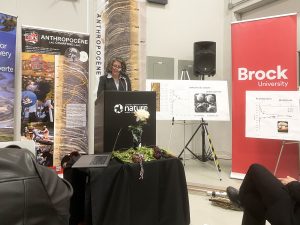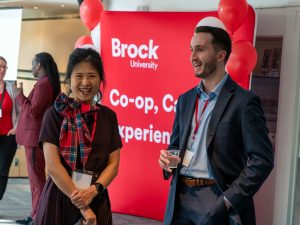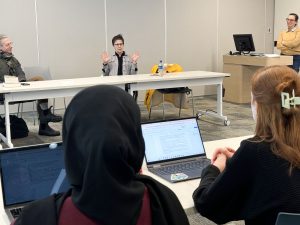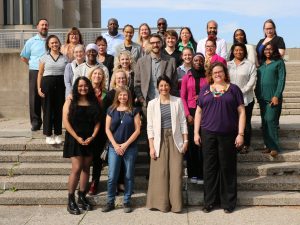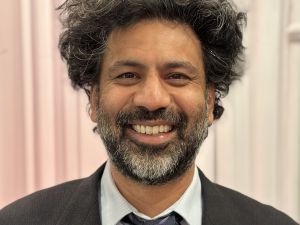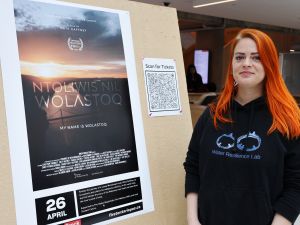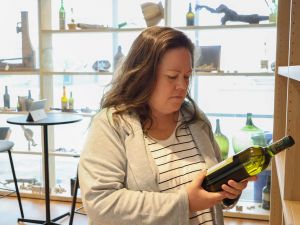Associate Professor of Operations Research in Brock’s Goodman School of Business, Michael Armstrong, wrote a piece for The Conversation Wednesday looking at loyalty and rewards programs offered by companies.
Armstrong writes:
How many “points” have you collected so far this holiday shopping season?
Like millions of consumers, you likely belong to at least one loyalty rewards program. These programs give you “points,” “miles” or some virtual currency when you buy from specified airlines or retailers. You can later redeem your points for rewards that might range from cheaper groceries to exotic vacations.
Of course, such rewards don’t represent corporate generosity. Like inspirational brand reputations and slick e-commerce websites, rewards programs encourage you to patronize certain businesses instead of their competitors, although some question how well they work.
The programs also gather data about your spending habits. This lets businesses promote their products to the most promising prospects.
Some loyalty programs are huge. AccorHotels, which operates Novotel, Fairmont and other brands, has 27 million members. Marriott International has 110 million.
(China could make even those figures look small. Its experimental social credit programs might some day cover its entire population. But those reward a different kind of loyalty.)
The most complex programs involve alliances of otherwise unrelated companies. Air Miles Canada members can shop at thousands of participating stores. Aeroplan members earn points from 75 firms and redeem them at 150. And in Europe, Miles & More includes 300 businesses.




